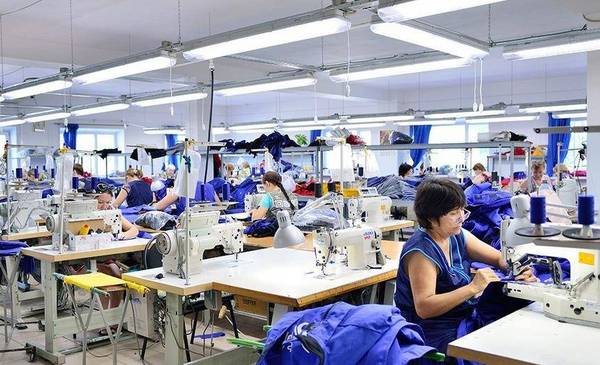
The Argentine state encourages China’s textile industry through a tax exemption system on sales from postal shipments. In this way, they avoid paying local, national and city taxes. This is one of the ways the country provides raw materials for industrialization in other countries, as in the case of wool, for example, whose main exporters are Italian companies that acquire large tracts of land to raise sheep and send the produce to their European headquarters without introducing Argentine labor.
Although there is no information on the number of garments arriving from the aforementioned Asian countries and purchased by local consumers, it is clear that they have reached a certain scale, to the detriment of all parties involved in the production and sale of these products in Argentina.
The textile sector has long been penalized for smuggling and counterfeiting, and often falls victim to piracy when transported by truck along Argentine routes. And most of the time, we know where it’s going. They are offered free of charge at so-called popular trade fairs, such as La Salada and the so-called Paraguayan Fair held in La Plata, where everyone can see them. Needless to say, so-called street vendors no longer operate on the sidewalks of Central Avenue in our city, but they do in many other cities.
If the market is shrinking due to the economic crisis and all these factors, these factors will definitely make the situation worse.
Thousands of jobs will be lost and the textile industry will not be able to fully develop, so using only a small percentage of its installed capacity will increase already very high costs, which will further accelerate the decline in sales. That is why large textile factories gradually disappeared and were replaced by small factories where workers worked helplessly, without legal protection and therefore without rights. And of course, the owner avoids any tax burden. Such a situation encourages those who would like to abide by the law to give up in order to survive in the face of competition from all those who act outside the law.
They are forced into “black market” sales, but there is no explanation from the government as to why they are avoiding action to prosecute the many criminals who carry out such activities, and why they are allowing goods produced in China into the country, which are allegedly effectively exempt from taxes.
These conditions, which reduce the state’s income and contribute to the collapse of the social security system, enjoy maximum impunity and inflate Argentina’s large black market, which is one of the causes of the national deficit.
If I had to give a definition, I would say that it is a policy that is neither liberal nor nationalist, but simply suicidal.



